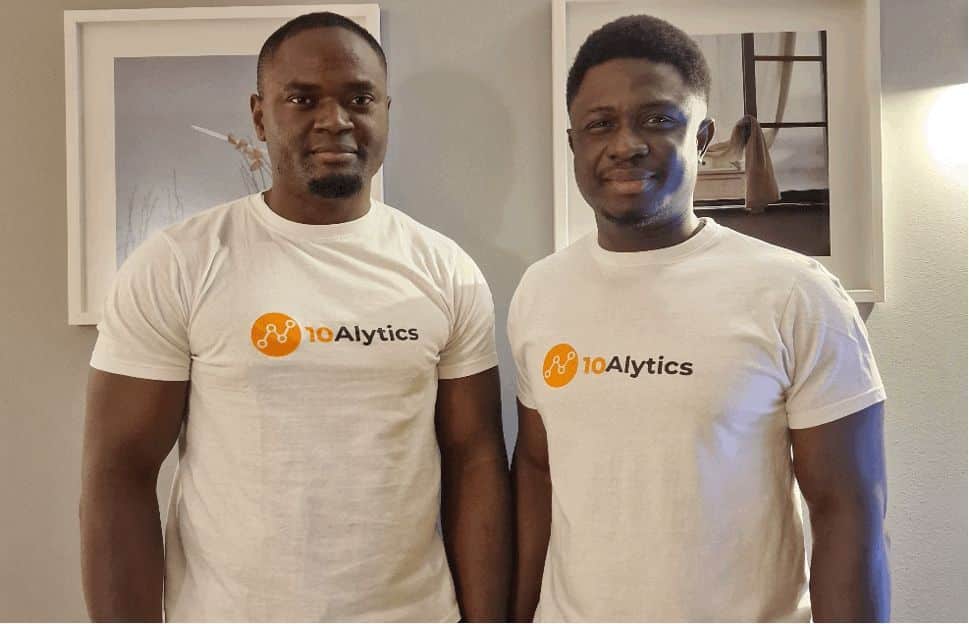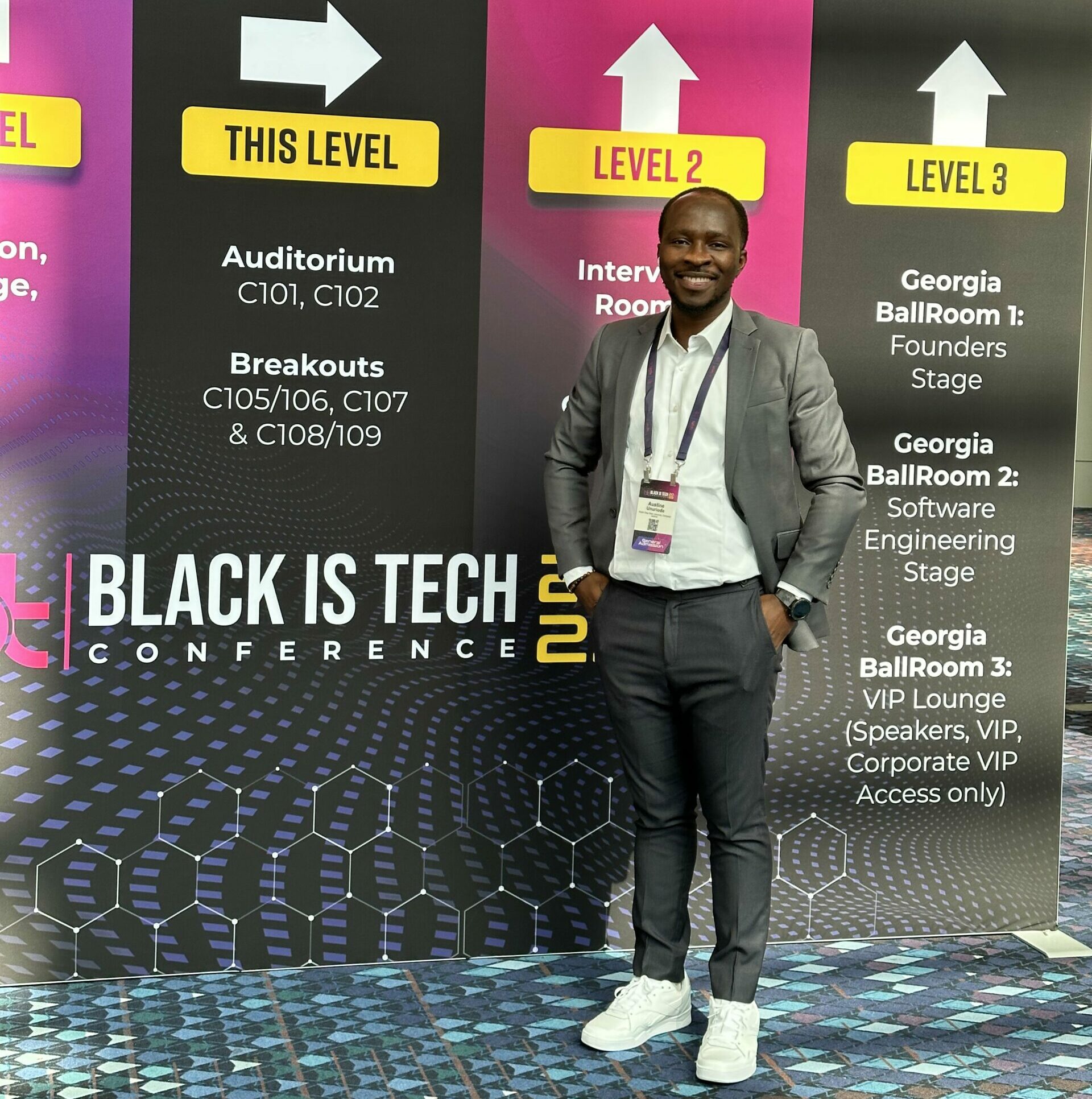Today Softcom, an indigenous technology company, and technical partners to the Nigeria Federal Government on the N-Power project hosted a conference with the theme: Combating Poverty: Role of Technology in driving social change in Africa.
The conference, which held at Softcom’s headquarters in Lagos, sought to advance technological solutions to Nigeria and Africa’s socio-economic development challenges in light of upcoming conversations at WEF on shaping inclusive growth and creating high-quality employment opportunities. The SDG Agenda 2030 of ending poverty, ensuring equitable quality education, and promoting lifelong learning opportunities for all was also referenced.
Mr. Afolabi Imoukhuede, Senior Special Assistant (SSA) to the President on job creation; Mr Kayode Pitan, Managing Director, Bank of Industry; Mrs. Toyin Adeniji, Executive Director Micro Enterprises, Bank of Industry; Mr Ernest Umakhihe, Permanent Secretary, Ministry of Budget and National Planning; Mr. Premier Oiwoh, Managing Director and Chief Executive Officer of Nigeria Inter-Bank Settlement System Plc (NIBSS); Dr. Olatunde Adekola, Senior Education Specialist, World Bank Group; Mr Tobias Wolfgarten of German GIZ Operations; and Mrs Hilda Kragha, CEO, Jobberman; were some of the stakeholders present at the event.
The event also featured a panel and open discussion session with outcomes that sought to drive an agenda for inclusion and social change for Africa’s accelerated development with technology as the driving force.
Speaking at the conference, Softcom CEO, Yomi Adedeji, said the 12-year-old company is focused on addressing fundamental development issues tied to Identity, Payment, Data & Learning. He said these four pillars formed the bedrock upon which any development initiative would rest. “For any development initiative to be successful, we have to first solve the issue of identity. This is because a one-to-all approach to solving development issues will make little impact and limit sustainability. Individuals function within economic clusters or communities. It is important to take cognisance of these peculiarities in designing an intervention programme.”
Mr. Afolabi Imoukhuede, SSA to the Government on Job Creation, noted six pillars comprising identity, digital literacy, education, agriculture, financial services and health that would facilitate social inclusion and national development. He added that strong government participation in policymaking, resource allocation, and ecosystem development is required to fast track development in these areas.
Imoukhuede lauded Softcom and other partners on their technical expertise in implementing the N-Power project, describing Softcom’s intervention as the ‘eureka’ that brought the government’s objectives to light. “A traditional method of implementing the program would have limited enrolment and training delivery to under 40,000 participants; however, with the aid of technology, the programme was able to enroll over 500,000 beneficiaries for the graduate and non-graduate programme across the 774 local governments in Nigeria”.
Expressing his delight at the successful implementation of the N-Power project, Imoukhuede stated, “Nigeria now has a transparent, replicable and scalable model that can be adopted across all tiers of government and for all types of development initiatives. N-Power will expand into other connected economic clusters that will ensure sustainability and inclusive growth.”
The critical role technology played in the implementation of the N-Power project from the application stage to selection, training and remuneration processes was emphasized. Softcom CEO, Adedeji said “we designed a platform that guaranteed transparent recruitment, and beneficiary verification, which ensured that no ghost worker existed in the N-Power programme. In addition, the platform enabled effective and seamless multi-stakeholder collaboration.
In his concluding remarks, Adedeji said “In order to lift whole communities out of poverty and ensure inclusive growth, our development must be led by data and planning, not just ideas. We must take advantage of technology to identify and enroll our people into the National identity system so everyone can be known and verified; we must democratize quality education, ensuring equal access for everyone, and aggressively drive financial inclusion to ensure that money and the services associated with it are universally accessible.”
The N-Power Impact Report was also launched at the event. A documented guide for institutions interested in replicating similar socio-economic development initiatives across Africa.






















